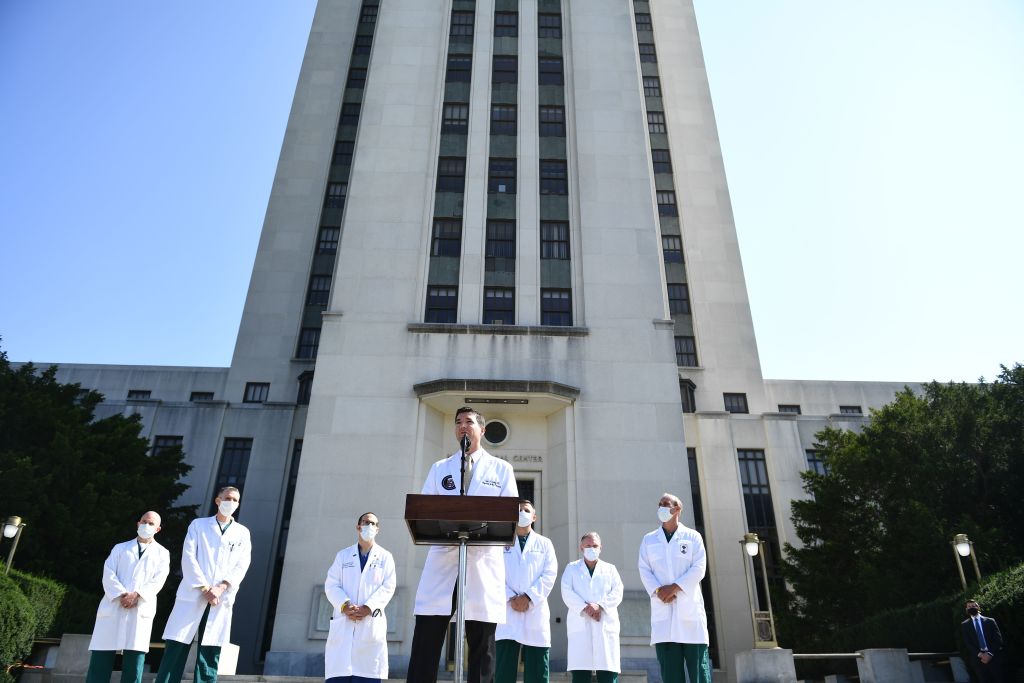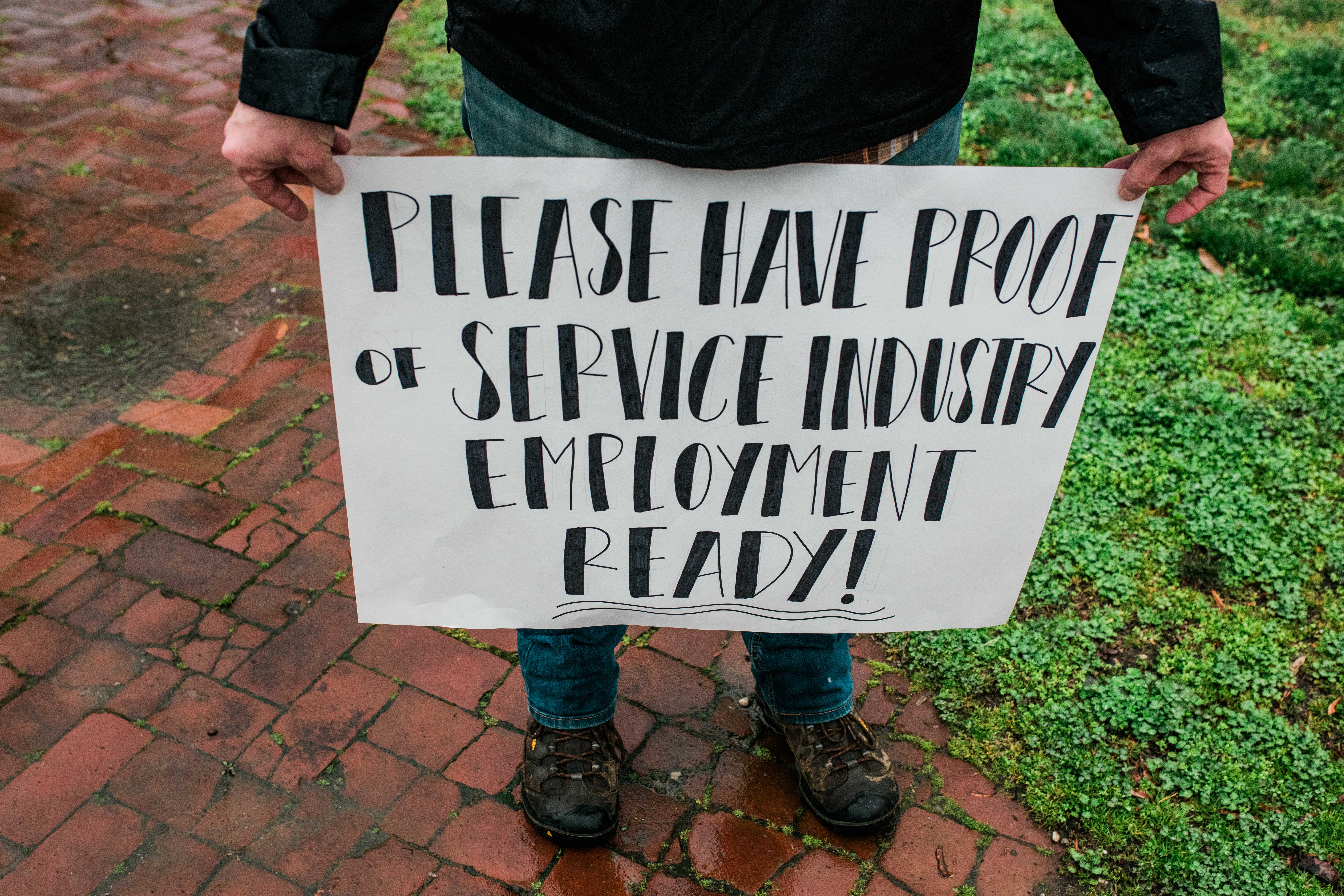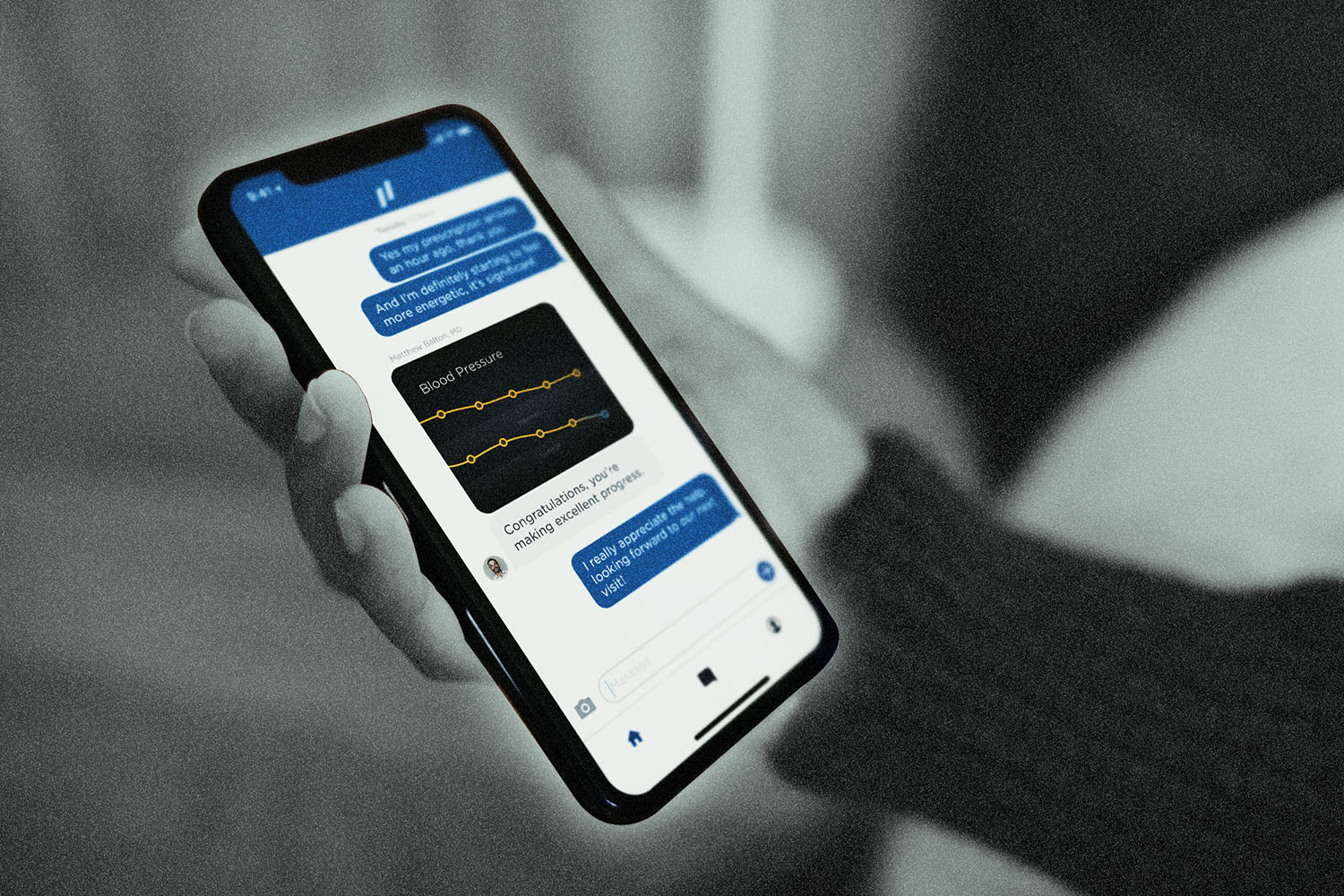The sight of an American president hospitalized for several days is a relatively rare one. But for the last few days, this has been the status quo as Donald Trump has sought treatment at Walter Reed Medical Center following his positive COVID-19 diagnosis. You don’t have to be a head of state to want to seek out the best medical care possible; that’s an entirely understandable goal, no matter who you are. But some articles covering the president’s hospitalization have pointed to another potentially hazardous consequence of his stay: a phenomenon known as “VIP syndrome.”
What Is “VIP Syndrome”?
First and foremost, it’s worth stating that “VIP Syndrome” is not a new phenomenon — it’s been studied for decades. A 2009 article in The New York Times offered a succinct definition of it as it applied to the then-recent death of Michael Jackson, while also noting that medical professionals have been alarmed by it since at least 1964.
“V.I.P. syndrome occurs when a celebrity or otherwise well-connected ‘very important person’ receives a level of care not available to the average patient,” wrote Robert Klitzman, a bioethicist and the author of several books, including When Doctors Become Patients.
And while this can seem like it isn’t terribly problematic, Klitzman explains several reasons why it can lead to problems for a celebrity patient. “In hopes of sparing their special patient from pain or time-consuming care, a doctor may opt to skip basic tests or procedures — even though these exams may have provided important information,” he wrote.
Why Is It Potentially Dangerous?
A 2002 article in The Primary Care Companion to the Journal of Clinical Psychiatry addressed some of the same issues that are being discussed during Trump’s hospitalization. “Pride, privacy, and the staff’s need to be in control are all threatened by introduction of the special patient into medicine’s closed culture,” note the paper’s authors.
They also emphasize that hospital staffs must take precautions to avoid the temptation to experiment with new procedures for their high-profile patients. “The awe and loss of medical objectivity that VIPs generate are counteracted by team leadership dedicated to avoiding any deviation from standard clinical procedure,” they write.
Why Are Experimental or Incorrect Treatments So Alarming?
ABC News’ report on Trump’s treatment catalogs several ways in which it breaks from how most COVID-19 patients have been treated. This includes what Trump’s personal physician called “a multi-pronged approach,” as well as the use of an antibody therapy made by Regeneron. Regeneron’s therapy remains unapproved by the FDA; in the case of Trump’s treatment, the use of a “compassionate use” clause made this course of action possible. Using such treatment offers a risk of side effects, some of which may offer their own dangers.
Among the difficulties of working with a VIP as a patient? They may well have strong opinions, and many doctors have historically shown a weakness to please. A 2016 article in the Providence Journal notes that “VIP Syndrome” may have contributed to the deaths of celebrities ranging from Prince to Eleanor Roosevelt. Why? In several of the cases cited, following the expected course of treatment might have saved lives.
Does “VIP Syndrome” Affect the Care of Non-VIPs?
If a hospital is treating a sufficiently high-profile patient, can one of the side effects of “VIP Syndrome” be a drop in the quality of care the hospital’s other patients are experiencing? That can be more difficult to quantify, but it’s a concern for many in the medical field.
A 2017 article in Vice explored the paradoxes of this approach and notes that, for some hospitals, the benefits of providing extra care to someone who might be a big donor outweigh the drawbacks. But for all of the research that’s been done into the care of VIPs, the article points out that little research has gone into whether non-VIPs see a dropoff in treatment when VIPs show up.
The full extent of “VIP Syndrome” can be difficult to measure, which is understandable — a rock star, head of state and wealthy donor might all be categorized as VIPs, but each might provoke wildly different reactions from a hospital staff. Still, it’s a concept well worth keeping in mind in the days and weeks to come.
This article was featured in the InsideHook newsletter. Sign up now.























